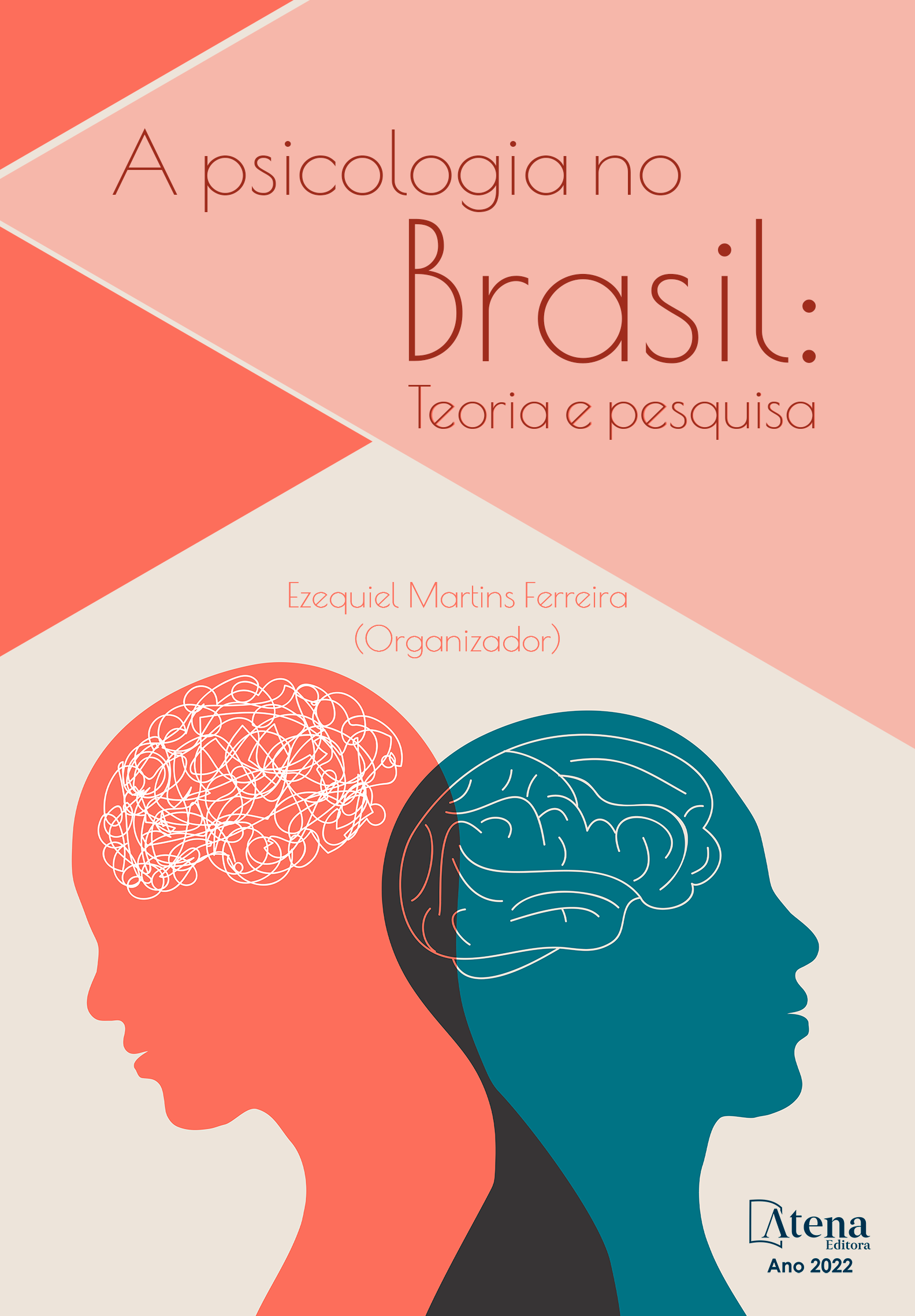
O SENTIDO DA VIDA NA ÓTICA DO PACIENTE EM TERAPIA RENAL SUBSTITUTIVA: ASPECTOS PSICOLÓGICOS ENVOLVIDOS
A evolução da doença renal crônica é insidiosa e assintomática, porém, seus estágios mais avançados resultam em implicações severas à vida dos acometidos, levando-os, muitas vezes, a crença de estarem sentenciados à morte, principalmente àqueles submetidos à terapia renal substitutiva (TRS), uma vez que, não raro, sentem-se mais vulneráveis a angustia, tristeza e desesperança. Considerando tais perspectivas, este estudo buscou compreender se o sentido da vida do modo como é percebido pelo paciente renal crônico influencia na maneira deste lidar com a doença. Trata-se de uma pesquisa qualitativa descritiva, fundamentada na abordagem existencialista mediante o método de investigação fenomenológico, realizada em uma instituição particular que presta serviços médico-hospitalares em nefrologia atendendo pacientes oriundos da rede privada e pública de saúde. Participaram desta pesquisa dez pacientes submetidos a algum tipo de TRS, com idades entre 22 e 84 anos, sendo 50% do sexo feminino e 50% do masculino. Os dados foram coletados por meio da técnica de grupo focal. Os resultados revelaram que os pacientes adotaram as seguintes estratégias para lidar com a doença: suporte familiar, aceitação/negação e religião/espiritualidade. O significado atribuído ao sentido da vida é particularizado e relaciona-se a perspectiva presente-futuro, destacando-se: a vontade de viver, amor a si próprio, felicidade, satisfação pessoal e consciência da realidade. Observou-se que ao encontrar um sentido em meio ao sofrimento, o paciente sente-se motivado, adere melhor ao tratamento e nutre expectativas positivas quanto ao futuro. Opostamente, pacientes que não elaboraram essa situação mantêm um discurso de incerteza, desesperança e vazio existencial.
O SENTIDO DA VIDA NA ÓTICA DO PACIENTE EM TERAPIA RENAL SUBSTITUTIVA: ASPECTOS PSICOLÓGICOS ENVOLVIDOS
-
DOI: 10.22533/at.ed.70422070215
-
Palavras-chave: Psicologia, Terapia renal substitutiva, Sentido da vida.
-
Keywords: Psychology, Renal replacement therapy, Meaning of life.
-
Abstract:
The evolution of chronic kidney disease is insidious and asymptomatic, but its more advanced stages result in severe implications to the lives of those affected, often leading them to the belief of being sentenced to death, especially those submitted to renal replacement therapy (SRT), since, not rarely, they feel more vulnerable to anguish sadness and hopelessness. Considering such perspectives, this study sought to understand whether the meaning of life as perceived by the chronic renal patient influences the way in which it deals with the disease. This is a descriptive qualitative research, based on the existentialist approach through the phenomenological research method, carried out in a private institution that provides medical- hospital services in nephrology, attending patients from the private and public health network. Ten patients who underwent some type of SRT, aged between 22 and 84 years, 50% females and 50% of males participated in this research. Data were colleted using the focal group technique. The results revealed that the patients adopted the following strategies to cope with the disease: family support, acceptance/denial and religion/spirituality. The meaning attributed to the meaning of life is particularized and relates to the present-future perspective, highlighting: the will to live, love to oneself, happiness personal satisfaction and awareness of reality. It was observed that when finding a meaning in the midst of suffering, the patient feels motivated, adheres better to treatment and nourishes positive expectation regarding the future. Oposely, patients who did not elaborate this situation maintain a discourse of uncertainty hopelessness and existential emptiness.
-
Número de páginas: 25
- Margareth Marchesi Reis
- Valdeci Timóteo Martins


